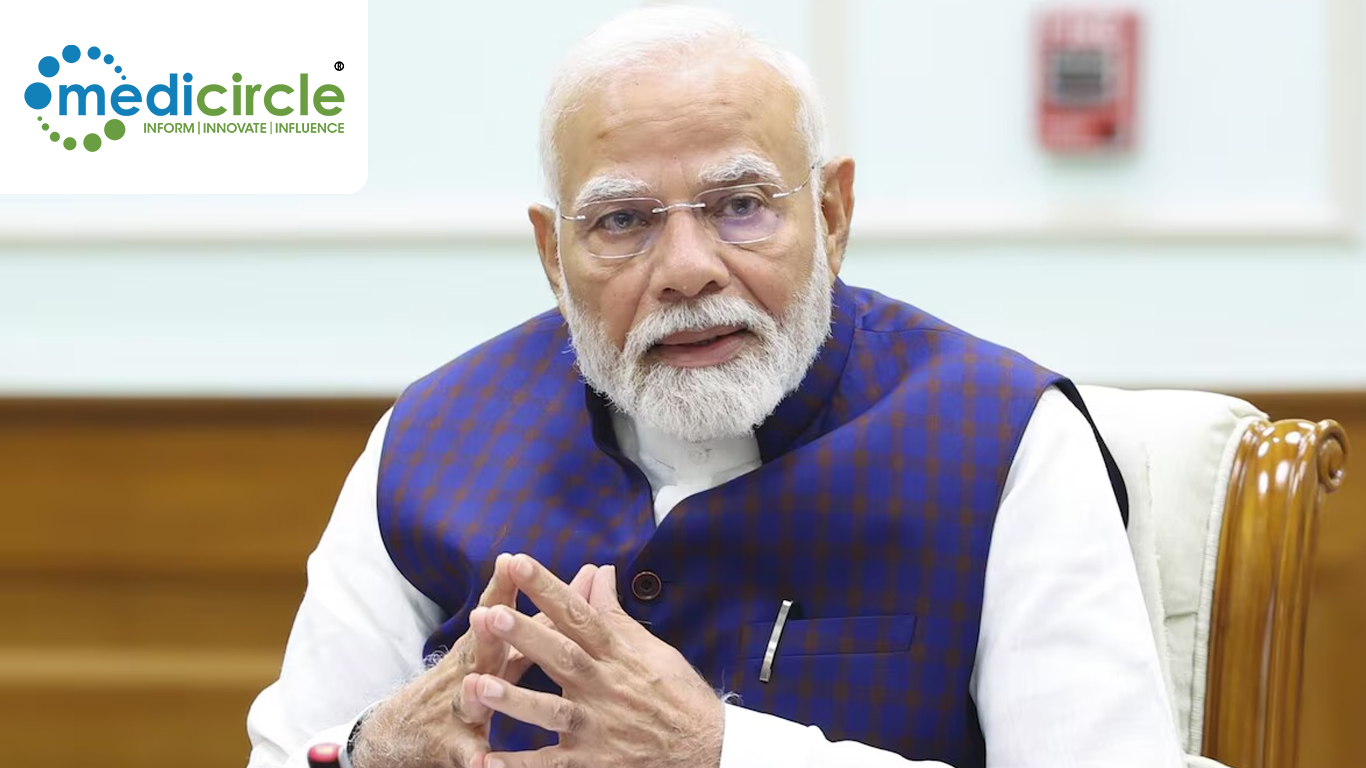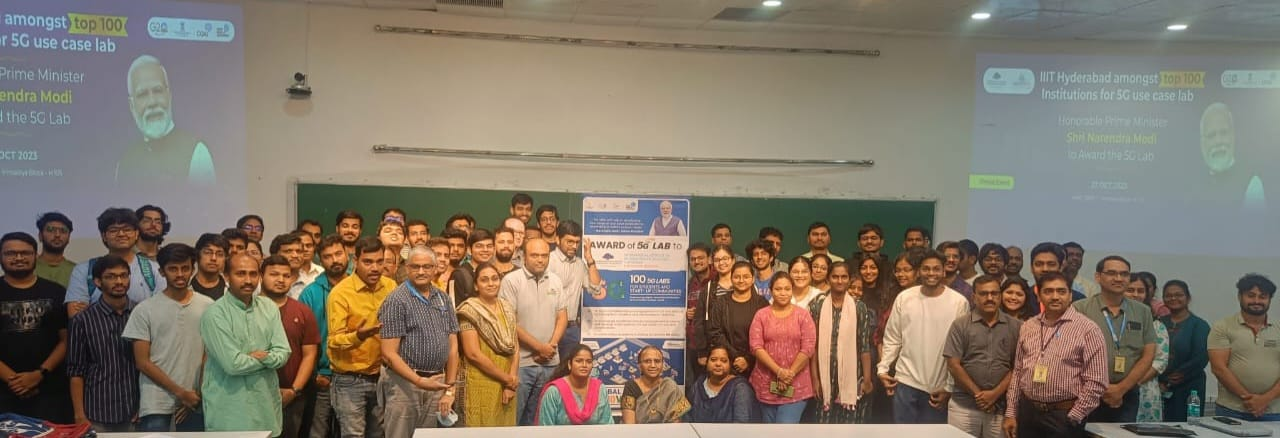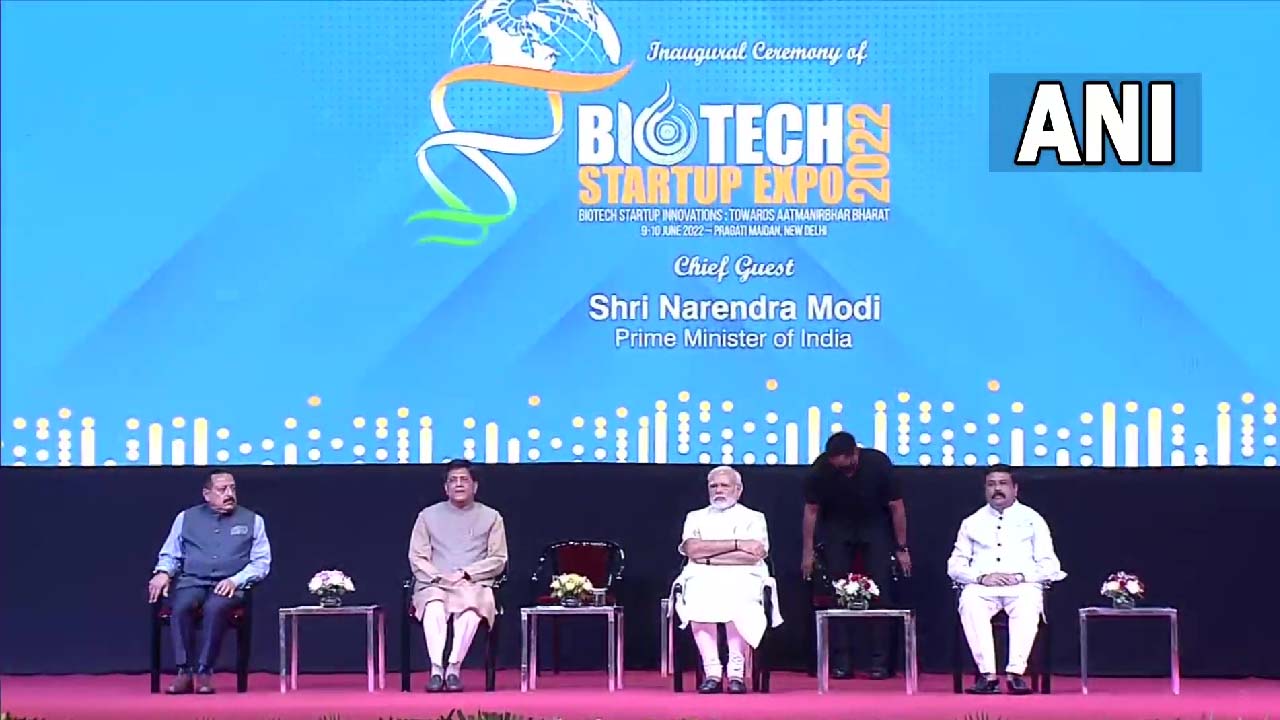Bristol Myers Squibb today announced primary results from the Phase 2/3 RELATIVITY-047 (CA224-047) trial evaluating the fixed-dose combination of relatlimab, an anti-LAG-3 antibody, and Opdivo (nivolumab) versus Opdivo alone in patients with previously untreated metastatic or unresectable melanoma. The trial met its primary endpoint of progression-free survival (PFS). Follow up for overall survival, a secondary endpoint is ongoing. The fixed-dose combination was well-tolerated and there were no new safety signals reported in either the relatlimab and Opdivo combination arm or the Opdivo arm. These are the first Phase 3 data to be reported from a trial evaluating an anti-LAG-3 antibody. Relatlimab is the third distinct checkpoint inhibitor (anti-PD-1, anti-CTLA-4 and anti-LAG-3) for Bristol Myers Squibb and, with Opdivo, the first fixed-dose combination to demonstrate a benefit for patients.
“Immune checkpoint inhibitors alone or in combination have transformed treatment and improved survival rates for patients with metastatic or unresectable melanoma. However, there remain a considerable number of patients who could benefit from a novel combination therapy that leverages potentially complementary pathways to improve anti-tumor activity,” said Jonathan Cheng, senior vice president and head of oncology development, Bristol Myers Squibb. “The results of this study suggest that targeting the LAG-3 pathway in combination with PD-1 inhibition may be a key strategy to enhance the immune response and help improve outcomes for these patients.”
Lymphocyte-activation gene 3 (LAG-3) is a cell-surface molecule expressed on effector T cells and regulatory T cells (Tregs). LAG-3 regulates an inhibitory immune checkpoint pathway that limits the activity of T cells, leading to an impaired ability to attack tumour cells. In the chronic presence of diseases like cancer, T cells exhibit progressive exhaustion that is characterized by the upregulation of inhibitory immune checkpoints such as PD-1 and LAG-3. While LAG-3 and PD-1 are distinct immune checkpoint pathways, they may potentially act synergistically on effector T cells leading to T cell exhaustion. Relatlimab is a LAG-3–blocking antibody that binds to LAG-3 on T cells, restoring the effector function of exhausted T cells. Relatlimab, in combination with Opdivo, is the first anti-LAG-3 antibody to demonstrate a benefit for patients.
Bristol Myers Squibb will present the results at an upcoming meeting and discuss these results with regulatory authorities.
Bristol Myers Squibb thanks the patients and investigators who were involved in the RELATIVITY-047 clinical trial. The company has several ongoing trials evaluating the use of relatlimab in combination with Opdivo and other therapies for the treatment of additional cancers.

 The antibody is indicated for patients with previously untreated Metastatic or unresectable melanoma
The antibody is indicated for patients with previously untreated Metastatic or unresectable melanoma





.png)













.jpeg)

.jpeg)










.jpg)




.jpg)

